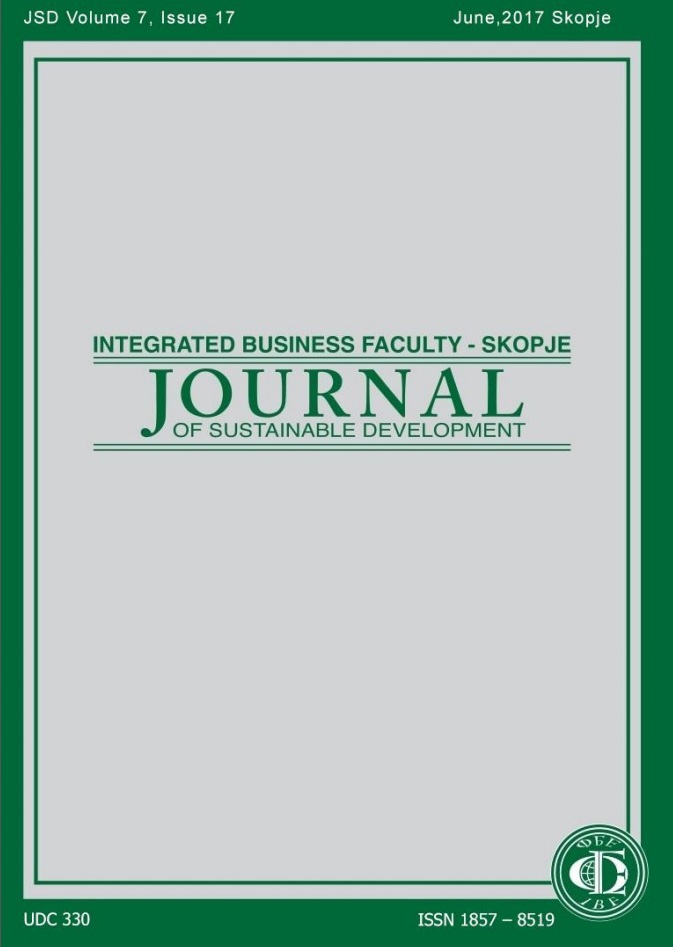DE-EUROISATION - IS IT NECESSARY AND VIABLE PROCESS FOR THE WESTERN BALKAN COUNTRIES?
DE-EUROISATION - IS IT NECESSARY AND VIABLE PROCESS FOR THE WESTERN BALKAN COUNTRIES?
Author(s): Violeta Madzova, Krste Sajnoski, Luljeta SadikuSubject(s): National Economy, Economic policy, EU-Approach / EU-Accession / EU-Development
Published by: Факултет за Бизнис Економија
Keywords: euroisation; de-euroisation; financial stability; economic growth; financial crisis
Summary/Abstract: The process of unilateral euroisation in the economies of the Western Balkan countries is encouraged by the progress in financial markets integration, harmonisation oflegislation and increasing free movement of capital and labour. While low and moderate euroisation brought to these countries certain financial stability and economic growth, the massive euroisation has shown significant drawbacks, particularly for central banks, in terms of reducing the effectiveness of monetary policy and creating certain financial stability challenges. This was emphasized particularly in the period of recent European sovereign debt crisis, when fearing from the crisis spill-over effect, as well for the euro survival, Western Balkan countries started the reversible process of so called de-euroisation. However, the process of de-euroisation turned out to be slow and not very certain process, as there are varieties of factors preventing this effort. The paper aims to analyze the positive impact and drawbacks of euroisationon Western Balkans countries ‘economies, as well as the factors that are preventing their authorities’ effort to de-euroise their economies.
Journal: Journal of Sustainable Development
- Issue Year: 7/2017
- Issue No: 17
- Page Range: 71-86
- Page Count: 16
- Language: English

